As global higher education faces unprecedented transformations, the Universitas 21 Global Education Conference was held at Shanghai Jiao Tong University from October 23 to 25. The conference focused on "Education for the Future: Fostering Global Competence, International Learning, and Campus Opportunities," exploring how to redefine the role and value of universities in the context of rapid advancements in artificial intelligence, ensuring that higher education systems can cultivate talent suited for the future world. More than 100 experts from 29 member institutions of the U21 international university alliance attended the conference, including 36 vice presidents and vice provosts. This conference is the annual thematic meeting of the U21 alliance, hosted by Shanghai Jiao Tong University.
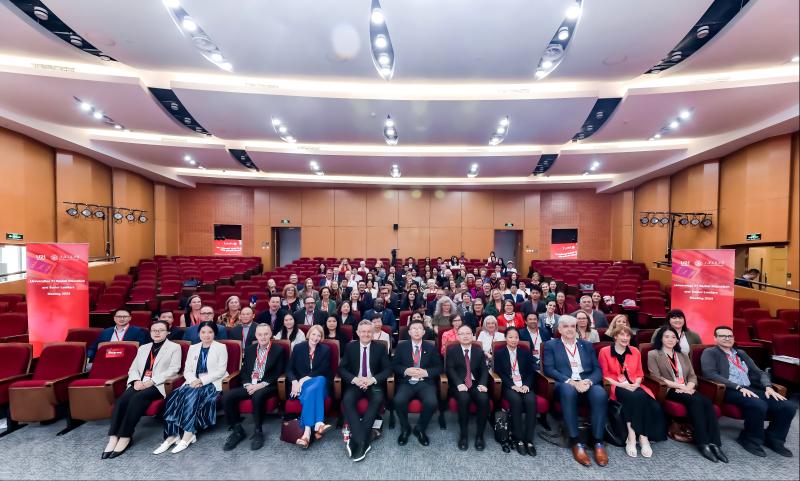
Liu Weidong, a member of the Party Committee and vice president of Shanghai Jiao Tong University, delivered a welcome speech at the opening ceremony, warmly welcoming representatives of the alliance member institutions to Shanghai Jiao Tong University for the conference. He emphasized the importance of dialogue and sharing practical experiences among higher education institutions in this rapidly changing era. Educators should cultivate well-rounded students to prepare them for the future, and Shanghai Jiao Tong University looks forward to deepening cooperation with member institutions.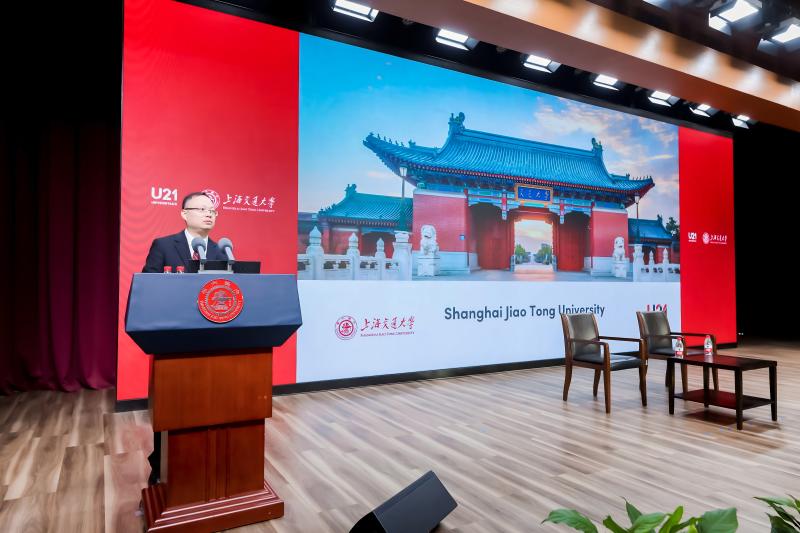
[Professor Simon Chesterman, Vice Provost of the National University of Singapore: Insights on the Symbiosis of Artificial Intelligence and Higher Education]
Simon Chesterman is the David Marshall Professor at the National University of Singapore and the Vice Provost for Education Innovation. He is also the founding dean of the NUS College and a former dean of the Faculty of Law.
As a major highlight of the conference, Professor Chesterman delivered a keynote address titled "Rage Against the Machine?", which deeply analyzed the challenges and opportunities faced by higher education in the wave of artificial intelligence.
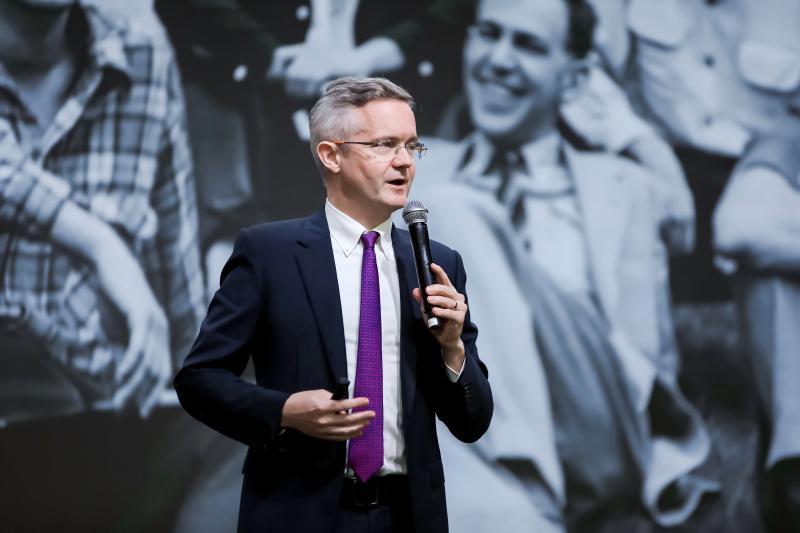
Professor Chesterman points out that the rise of artificial intelligence compels universities to reconsider what knowledge and skills should be imparted to students. He poses a crucial question: what is the primary purpose of a university?
The development of artificial intelligence has already impacted the structure of the job market, with many traditional occupations potentially being replaced by machines. Therefore, universities should not focus solely on providing specialized knowledge but should also emphasize cultivating students' creativity, critical thinking, and interpersonal skills—those "soft skills" that are difficult for machines to replicate. This means that educational goals and curriculum design need to be adjusted accordingly to ensure graduates remain competitive in the future job market. At the same time, Professor Chesterman emphasizes the need for a more humble approach to artificial intelligence, paying attention to its long-term effects on education.
[Thinking Together, Creating the Future: Collective Wisdom of Higher Education Managers]
The Universitas 21 Global Education Conference is the first attempt by the alliance to integrate multiple thematic meetings, creating a comprehensive platform for educational innovation exchange. The conference covers themes such as educational innovation, student experience, and internationalization.
This conference attracted numerous prominent figures from the higher education sector, spanning North America, Europe, Asia, and Oceania, each bringing unique insights and practical cases. During several roundtable discussions, these higher education managers engaged in in-depth exchanges on topics such as the multifaceted impact of AI tools on teaching, how global competencies can be integrated into higher education systems, strategies for cultivating future talent to meet global challenges, and the opportunities and challenges of internationalization in universities.
Zhang Zhaoguo, Vice President of Shanghai Jiao Tong University, introduced attendees to the university's plan for integrating AI with education. By redesigning curricula and reconstructing majors, the aim is to achieve a collaborative development between humans and AI, allowing students to learn "real knowledge" and fostering their ability to understand, apply, and create knowledge to meet future challenges. At the same time, Jiao Tong University is committed to AI governance to ensure that AI usage adheres to ethical standards.
Gregor Kennedy, Vice President of the University of Melbourne, and Joanne Wright, Vice President of the University of Sydney, noted the importance of employing critical thinking when considering how to use artificial intelligence in teaching.
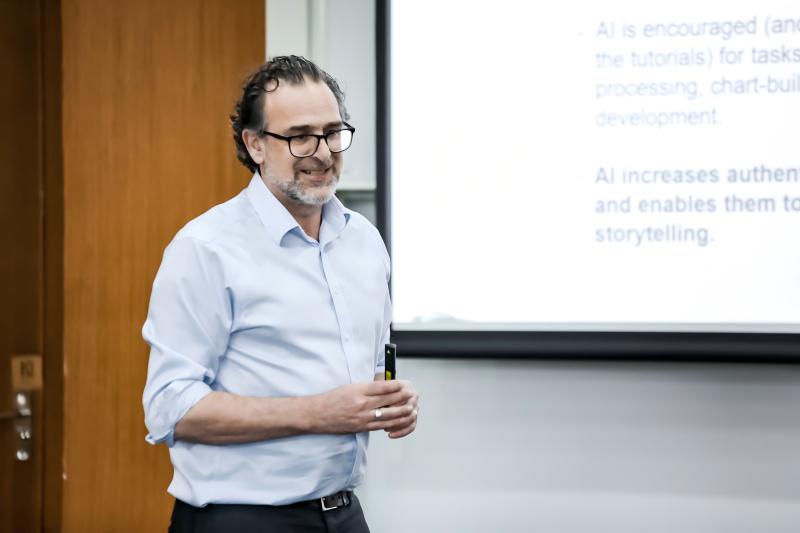
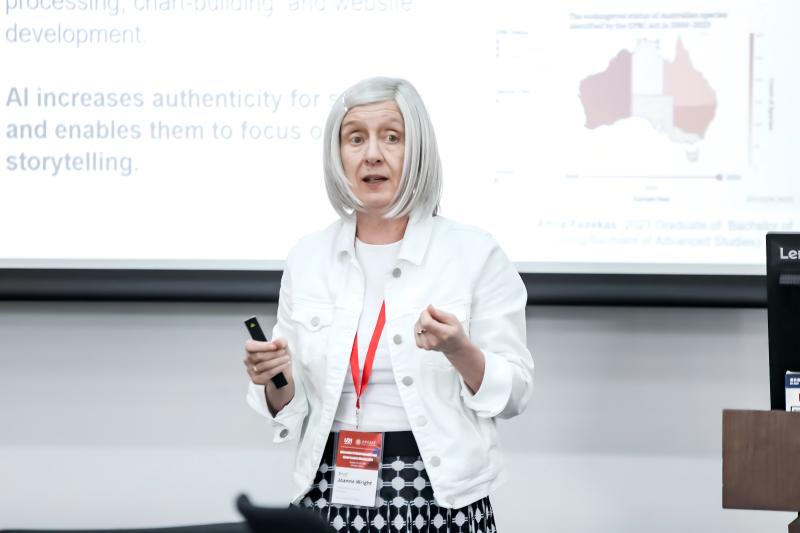
Hong Kong University Vice President Ian Holliday emphasized the importance of cultivating students' digital literacy, calling for frontline teachers to rethink teaching methods and assessment approaches.
Zhang Junliang, Director of the Academic Affairs Office at Shanghai Jiao Tong University, and Xia Weiliang, Vice Dean of Zhiyuan College, introduced the university's four major talent development programs. These initiatives provide personalized learning and development opportunities based on students' strengths, interests, and career goals, embodying the educational philosophy of "making every student more outstanding."
The International Working Group held a two-and-a-half-day closed-door meeting to discuss the challenges posed by current geopolitical issues to international cooperation in higher education. Various universities shared recent immigration and visa policies from their respective governments that impact and restrict international education, leading to a "chilling effect." They openly expressed concerns about engaging in international cooperation, reflecting on the ultimate responsibilities and goals of higher education. The meeting concluded that member universities should continue collaborating, finding common ground while respecting differences, particularly in security areas related to the United Nations Sustainable Development Goals and climate change.
Diverse Perspectives: Expectations from Employers and Students on Future Competencies
In addition to rich academic discussions, the annual meeting invited employers, industry experts, students, and alumni to share their views on the competencies students should possess to adapt to the future world.
Ni Jun, Dean of the School of Future Technology at Shanghai Jiao Tong University, introduced a collaborative program between academia and industry that breaks down learning, disciplinary, and institutional boundaries, providing students with interdisciplinary experiences to analyze and solve real-world problems.
During the employer roundtable, multinational companies expressed their expectations for core skills in future students. In the age of artificial intelligence, qualities such as curiosity, interpersonal skills, responsibility, and cross-cultural competency are considered equally important, if not more so, than core technical skills.
The student roundtable featured perspectives from three exchange students from Melbourne University, Amsterdam University, and Zurich University studying at Shanghai Jiao Tong University. They noted that studying in a new country presents various challenges, but overall, the benefits outweigh the difficulties. Cross-border learning encourages students to consider often-overlooked cultural elements, fostering a more diverse and inclusive mindset.
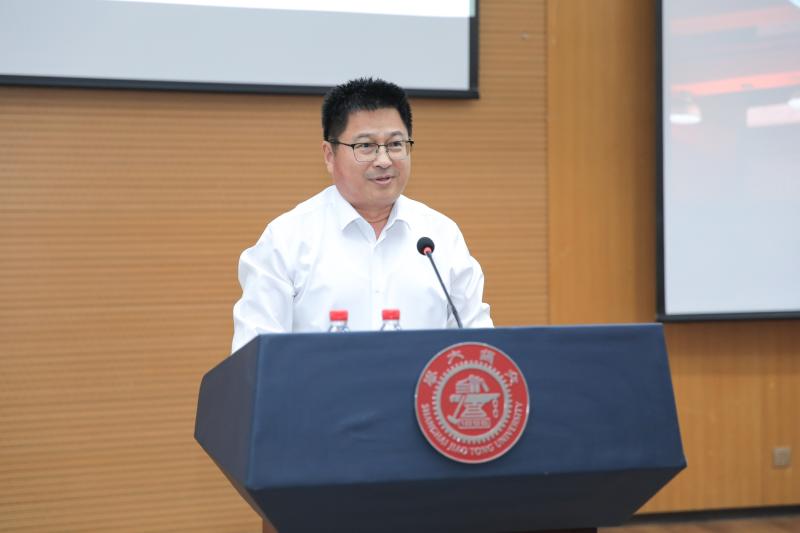
Shanghai Jiao Tong University Vice President Zhang Zhaoguo delivered the closing speech at the conference. He reflected on the series of discussions held over the past three days regarding the roles and responsibilities of higher education institutions in a world full of opportunities and uncertainties. Driven by profound changes in the global landscape and technological revolution, higher education is undergoing a significant transformation. The U21 Global Education Conference not only actively responds to this trend but also boldly explores the future direction of education, initiating a deep dialogue on how universities can continue to fulfill their social responsibilities and cultivate the next generation of leaders to face unknown challenges. He expressed hope that this conference marks the beginning of more collaborations, emphasizing the need for active dialogue, respect for differences, and strengthened cooperation.
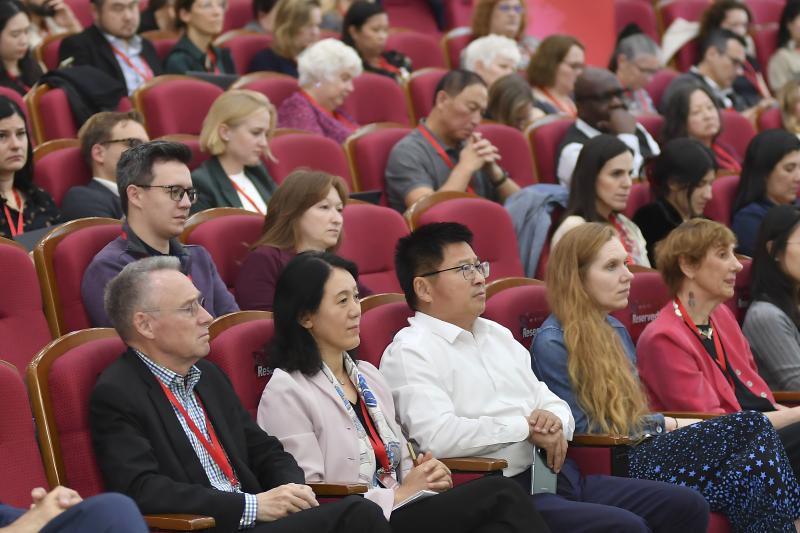
The U21 International Universities Alliance was established in 1997 and consists of a coalition of globally renowned research universities. Currently, the alliance has 29 member universities across six continents and 19 countries and regions. Topics such as educational innovation, student experience, and internationalization are the focus of U21's three independent annual meetings. This Global Education Conference marks the first time U21 has integrated multiple topics into a single event, held in China, making it historically significant. The scale of participants at this conference set a new record for U21, receiving high praise from attendees. This event will be recorded as the SJTU conference by U21 and will serve as a model for future regular meetings of the alliance.

